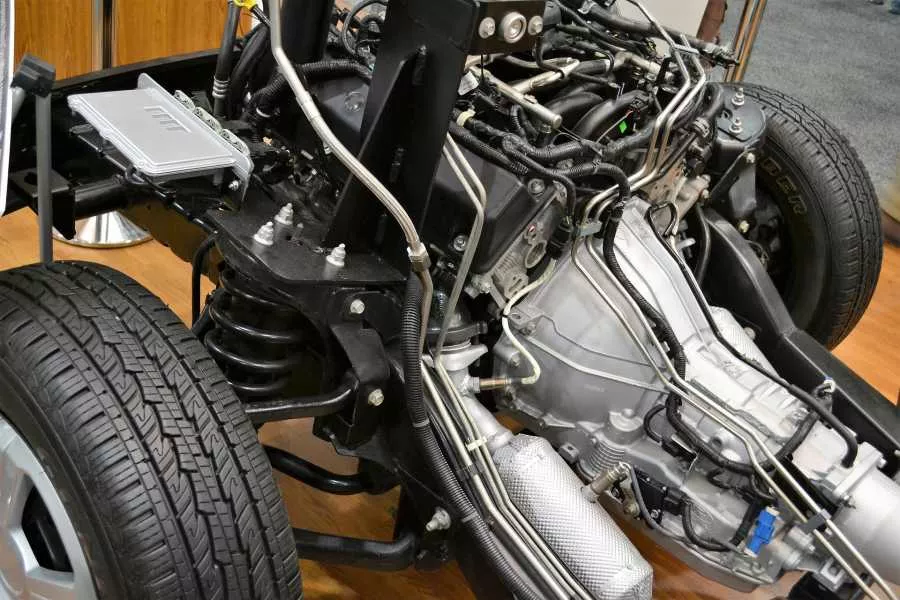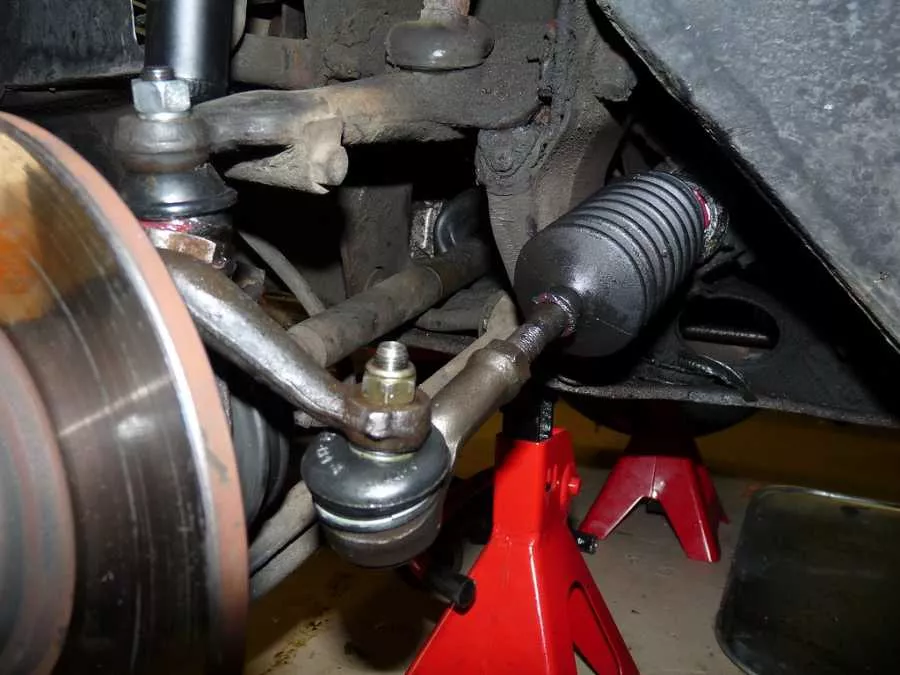Cars move around by means of the steering wheel, which controls the front wheels. As a mechanical instrument made up of moving parts, your car makes a number of sounds while in operation. However, grinding noise when turning left or right shouldn’t be one of them.

Hearing noises when you turn the steering wheel left or right shouldn't be taken lightly
An unusual sound when twisting the wheel in either direction is more than annoying. It’s the first sign of trouble, and should especially concern you since the steering system is part of the vehicle’s vital functions. Compromising a car’s maneuverability affects how the driver can evade dangers on the road, and it can also turn the car itself into a hazard that puts other road users at risk.
What causes a grinding noise when turning the steering wheel? A car is made up of moving parts, and some of them are located in the steering and suspension system. Any one of these components malfunctioning can result in a grinding noise as you turn the steering wheel.
Faulty power steering rack
The power steering rack connects the fuel and electrical systems together, assisting you in turning the wheel with minimal effort. When noises appear as you pull the steering wheel to the left or the right at low speeds, it’s probably the power steering rack that needs to be fixed or replaced.
Worn out shock absorbers
Engineered to support the weight of the vehicle, shock absorbers and struts should ideally last for a long time.

Have your shock absorbers periodically checked for damage
But real-world usage such as frequent exposure to ruts and bumps can accelerate the wear and tear on suspension components, leading to premature damage.
Broken steering column bearing
A grinding noise during maneuvers could warrant inspecting the health of the steering’s upper bearing. It’s especially vulnerable during hot and humid weather which adds to the heat generated by the car’s operation. As a result, the steering column could expand and cause the plastic parts to rub against other components, producing the sound.
Malfunctioning tie rod ends
The tie rods enable the wheels to respond to the input from the steering wheel. Over time, tie rods can become loose, damaged, or worn from excessive use.

Tie rods can lose their lubrication over time or due to harsh driving conditions
Consequently, this will make the steering wheel produce noticeable grinding or creaking noises that can are audible not just to the driver, but the passengers as well.
>>> Related: 10 bad car noises Filipino drivers should look out for
Dry ball joints
Ball joints link the control arms and steering knuckles to help maintain the car’s control while running at a variety of speeds. To do this properly they need to be properly lubricated. If the lubrication on the ball joint dries up, this can increase friction between the ball and socket, causing the grinding noise.
Dry front strut bushings
Jounce bushings on the front struts dampen the shocks and bumps that a car endures on a regular basis. Eventually, the bushings will dry out, or a particularly nasty bump might be too much for the lubrication to dampen. When this happens, the vibration will become stronger and the joints will move excessively.
Worn control arm bushings
The wheel hub and steering knuckle are connected to the vehicle’s frame by means of the control arms, with bushings located at the joints between the upper and lower arms. These bushings are meant to absorb shocks and vibrations, but when these impacts build up over time, the parts will eventually be damaged, causing the grinding noise when you turn steering wheel.
Damaged steering shaft joint
The wheel and steering rack are connected by a joint that straightens the steering shaft. Regular wear and tear can break down this component prematurely. When the joint has stopped moving properly, the steering wheel can end up being stiffer than usual, apart from producing a grinding noise.
Get more automotive tips at Philkotse.com.
Recent posts
- 7 steps to deal with the car brake noise Nov 30, 2022
- Easy steps to troubleshoot car suspension system Jan 16, 2019
- 6 common symtoms of a car's suspension system problems Oct 22, 2020
- Hush driving: 4 tips to erase your car noises immediately Mar 16, 2021
- How to reduce car noises by taking care of the tires Nov 27, 2017












